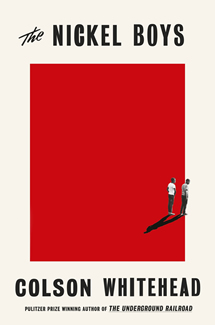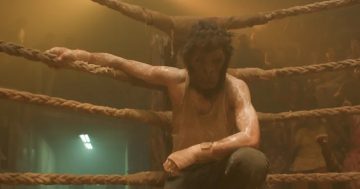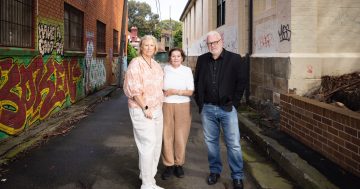Reviewed by Robert Goodman.
By Colson Whitehead, Hachette, $32.99.
 Colson Whitehead follows up his Pulitzer Prize winning novel about slavery, The Underground Railroad, with a slightly more contemporary tale but one with no less resonance. The Nickel Boys is the story of a reformatory school in Florida where both white and black children were sent for over a hundred years to be detained and “rehabilitated”. What they found when they arrived was institutionalised violence and abuse. The Nickel itself is not real but it is based on a real place and could stand in for many similar institutions not only in America but in other parts of the world.
Colson Whitehead follows up his Pulitzer Prize winning novel about slavery, The Underground Railroad, with a slightly more contemporary tale but one with no less resonance. The Nickel Boys is the story of a reformatory school in Florida where both white and black children were sent for over a hundred years to be detained and “rehabilitated”. What they found when they arrived was institutionalised violence and abuse. The Nickel itself is not real but it is based on a real place and could stand in for many similar institutions not only in America but in other parts of the world.
The framing device for this story is an archaeological investigation of the site of the old school. Not only do the archaeologists unearth a formal graveyard but they find a mass of unmarked graves “out the back”. These were the graves of children who were unofficially killed on the site and marked as runaway. The uncovering of the graves and the stories that those bodies tell bring old inmates of the school out. One of those is Elwood Curtis who ended up at the Nickel in the 1960s. The narrative then follows Elwood into the school and, in some senses, beyond.
When the narrative skips back to the 1960s, Elwood is a young man with promise. Abandoned by his parents and living with his grandmother, Elwood is studious and trustworthy, often to his own detriment. When his grandmother buys him a recording of the speeches of Martin Luther King Jnr, he is hooked, seeing in those words a brighter future. And even when circumstances conspire to have him sentenced to the Nickel school he holds tight to the words of King, using them as a guide to the way he should live his life even if it brings him further pain and suffering.
As with The Underground Railroad, Whitehead does not shy away from the violence and degradation inherent in the system. But this is counterbalanced by the seemingly unquenchable optimism of the boys in the Nickel School. In Elwood’s case, an optimism and a world view that is shaped by the words of Martin Luther King. His struggle is emblematic of the struggle of so many others during that time, trying to do right in the face of a system that is rigged against him, in the hope that things will change:
A mechanism of justice set in movement by a woman sitting down on a bus where she was told not to sit, a man ordering ham on rye at a forbidden counter.
Like the archaeological dig itself, The Nickel Boys takes its time in revealing its secrets. And when they all do come to light they are both satisfying and heartbreaking. This is another timely and timeless book and, much like The Underground Railroad, is likely to be one of the year’s best.
This and over 450 more reviews can be found on Pile by the Bed.











